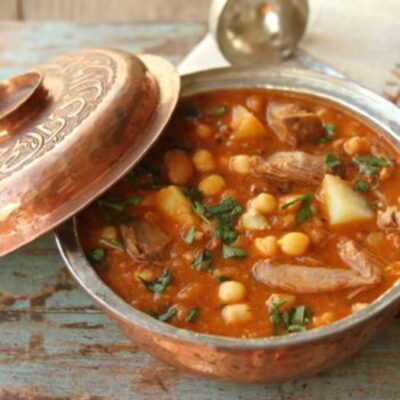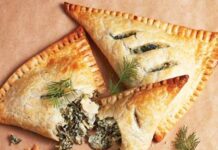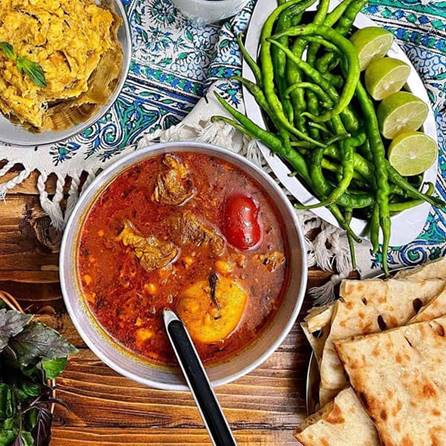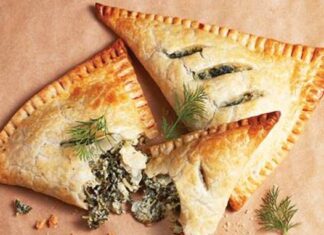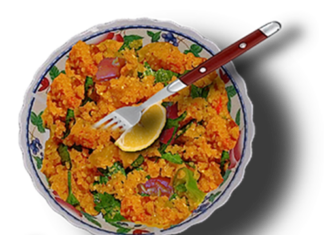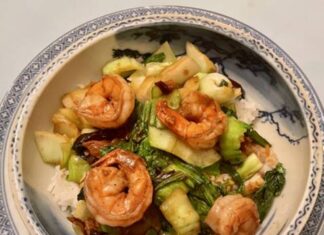BEIRUT — “My Lebanese heritage taught me that good taste is easy to achieve by using just a few fresh, simple ingredients. There is no need for costly and numerous ingredients. Good cooking is not about impressing people, it is about knowing how to season and balance ingredients, and keeping it simple is best,” says Lebanese food blogger, cookbook author and stylist Joumana Accad at Taste of Beirut. Taste of Beirut began in 2009 and its main goal is to share Joumana’s beloved Lebanese heritage with the world through her many recipes, anecdotes, cultural history, and travels.
“This ancient stew is popular in Iran (from where it originated) as well as in Iraq,” says Joumana. “Iran’s most beloved and ubiquitous peasant dish, ab gusht (abgoosht) (or ‘meat water’) is made with inexpensive, bony cuts of meat, which take a back seat to the broth and the sheer ceremony involved in serving it all. In Iran, people like to gather the solid ingredients, drain them a bit and mash them, and then eat them in a wonderful flatbread called sangak with pickles, onions, radishes, and herbs. Some describe it as a ‘hearty mutton Persian soup thickened with chickpeas.’” A similar dish in Armenia is also called abgoosht. The difference is that in Armenia beef rather than lamb is used.
“Sangak or nân-e sangak is a plain, rectangular, or triangular Iranian whole wheat leavened flatbread. It is usually made from wheat flour or a variation of three parts whole wheat flour with one part white flour. The dough is considered to be a mild sourdough. The sangak bread is so good, I brought some back with me to Beirut and ate it for several days (it was at least 2 feet long),” she adds.
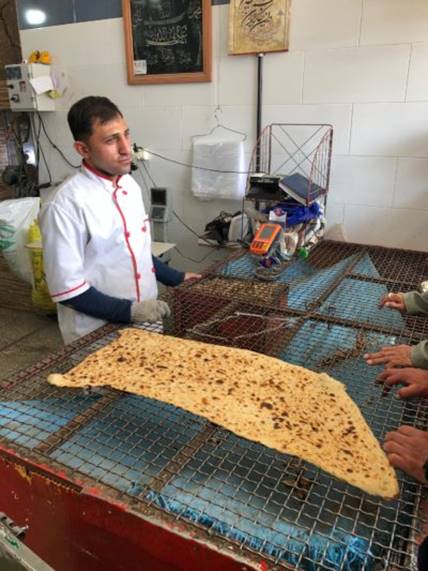
“In Persian ‘sangak’ means little stone. The bread is baked on a bed of small river stones in an oven. There are usually two varieties of this bread offered at Iranian bakeries: the generic one which has no toppings; and the more expensive variety which is topped with poppy seeds and/or sesame seeds. Sangak is said to be one of the most prized Iranian breads.”*
Ingredients:
1 1/2 lb. lamb shanks



